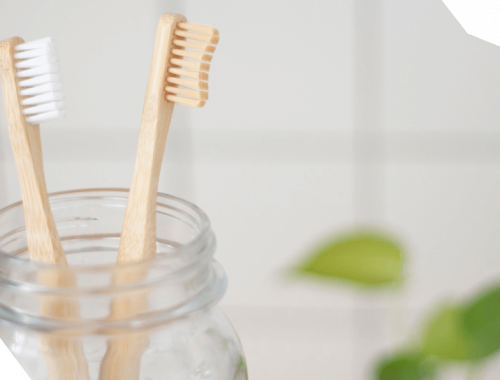
Everyday Habits To Become More Eco-friendly
As more and more people take a responsible attitude towards consuming goods and services, they’re becoming increasingly aware of environmental issues.
To be environmentally friendly, we need to think about how our actions can affect the environment and avoid negative, destructive influences. Here are some ways to be more environmentally friendly in your daily life!
Reduce Water Consumption:
When possible, cut down on the amount of drinking and bathing. For example, if you’re taking a shower instead of a tub, save up to six liters at once, turn off the tap when brushing your teeth, and so on.
Regardless of how surprising it may sound, the best helpers in everyday life can be simple dishes that are better than the well-known ways to deal with a burnt frying pot, and with greasy stains.
It is through the use of soda, citric acids, and vinegar instead of household chemicals that people start thinking about the cleanliness of wastewater flushed into sewers and recall the water cycle in nature, which is why they prefer running water.
Moreover, by installing a water filtration system (or recycling cassettes), or choosing to use reusable water bottles instead of purchasing disposable plastic bottles, you can significantly reduce the environmental impact of your business.
Turn Out The Lights:
The first and most important step towards making your office environment greener is choosing eco-friendly lighting solutions.
One good habit is to turn off lights when going out of rooms or install motion sensors, unplug electrical appliances from the network when they’re not in use, repair them if necessary, and don’t buy new ones.
Reconsider your views on the various electrical devices in our daily lives. At least, donate your old smartphones to charities and recycle their batteries.
It is well-established that e-waste, once it reaches landfills, releases toxic chemicals into the soil and water, harming both the local ecology and human health.
Use Your Own Bottle:
If you live in a city, you may also find drinking fountains at which you can refill your bottles. We recommend checking out the materials used for these before purchasing them.
For example, some plastics aren’t suitable for long-term storage. Glass bottles can weigh a lot, so they’re best avoided if you don’t want to carry them around.
Maintain Food Interest:
If you’re not already doing so, here’s one more good reason to start making a weekly grocery list and plan out your meals ahead of time. Local and seasonal eating has two major advantages. First, it helps to balance out the meal plan. Second, it reduces food waste.
Conclusion:
In conclusion, if you want to live green, you have to act like it. Start small and work your way up, it doesn’t matter if you’re buying organic produce, riding your bike, using reusable bags, or composting your scraps. Every little bit helps.
Remember: you don’t have to sacrifice quality to save the planet. There are lots of ways to enjoy living greener without sacrificing taste or convenience!
You May Also Like

Eco-Friendly Travel: How to Explore the World Sustainably
June 2, 2023
Exploring Eco-Friendly Alternatives to Single-Use Plastics
January 16, 2024

